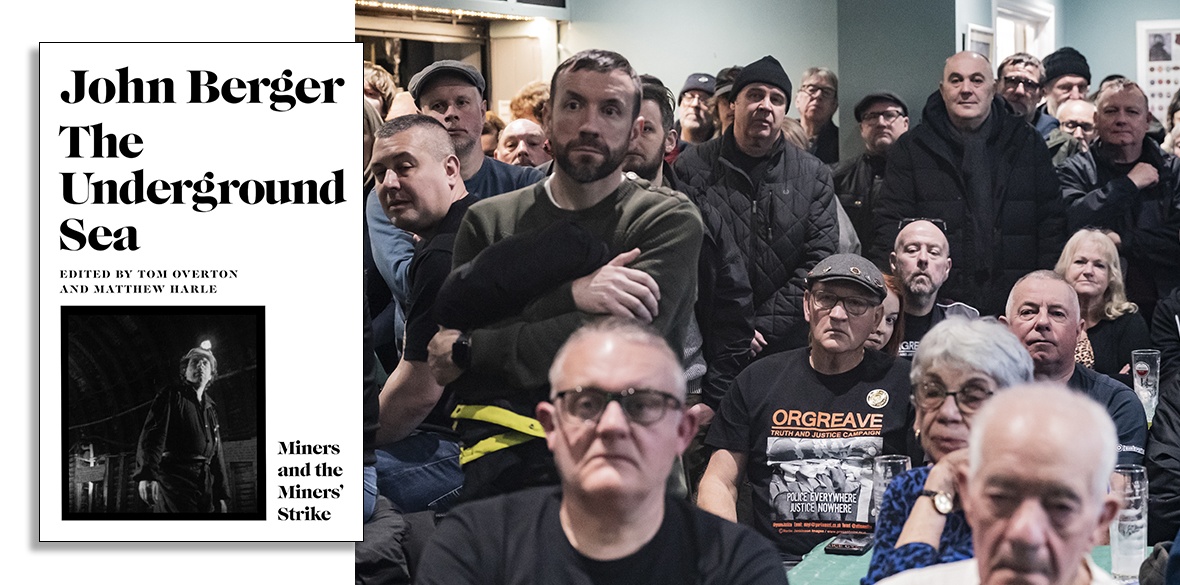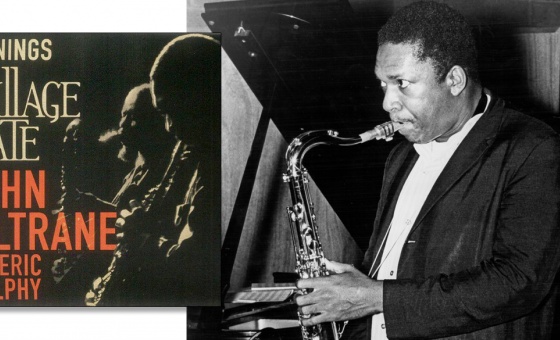This is the last article you can read this month
You can read more article this month
You can read more articles this month
Sorry your limit is up for this month
Reset on:
Please help support the Morning Star by subscribing here
John Berger, The Underground Sea: Miners and the Miners’ Strike
Edited by Tom Overton and Matthew Harle
Canongate, £16.99
ANY book which owes its existence to the talent and compassion of John Berger should revere and uphold his extraordinary legacy. This one falls short.
Scheduled to mark the 40th anniversary of the miners’ strike, this slight volume may seek to dig deep, yet it barely scratches the surface.
True, it’s a tough call to capture an essence of this polymath. Berger, who died in 2017, started as a painter, becoming an art critic, novelist, poet, essayist and TV presenter. How many of us recall his BBC series, Ways of Seeing, which gave us a radically new way to look at art, and therefore at the world? The start of the first episode saw Berger ostensibly taking a scalpel to Botticelli’s Venus and Mars.
This collection of work is not quite a farrago, in that it does have a consistent theme. Berger’s commitment to understanding miners and their communities shines through, but the sum of these parts manages to be less than the whole.
There is a transcript and images taken from his 1973 Open University/BBC documentary exploring Emile Zola’s remarkable novel Germinal. Curator Matthew Harle, who has co-edited the book, has said: “Transforming the film into a narrated visual essay slows down an ephemeral work of broadcast into a political meditation.”
Well, that would have been more effective if the stills reproduced well. As it is, they simply do not do the film justice. The editing of images is rather poor, too, with a photo of exhausted miners, staring hollow-eyed into the distance, juxtaposed with a near-indiscernible snap of a social club.
Berger immersed himself, literally, in the life of pit village Cressell in Derbyshire. He went down the mine, and recorded a voiceover for the film, capturing his impressions.
The lifelong Marxist understood very well that this experience highlighted the “gap which exists between the miners and myself. I don’t mean a gap in terms of talk or friendliness. I mean a gap in terms of experience. And the only way of closing that gap would be to work down a pit. A large part of the miner’s life remains mysterious to me. I am ignorant.”
A transcript of a 1963 interview with a miner, Joe Roberts, cannot convey Berger’s style: always earnest and entirely committed to his interviewees. Some of the responses are monosyllabic, the pauses, clumsy. A reader would need to summon up Berger’s sonorous voice, offering open questions and waiting with endless patience for the answers, sometimes prosaic but often poignant.
The elderly ex-miner says: “From what I’ve experienced, I wouldn’t like a dog of mine to go in. And if my lad would have lived, I can tell you this: he’d never have gone in the mine.”
Despite the flaws however, the book’s introduction is rather beautiful. Harle, along with Tom Overton (who has catalogued the British Library’s Berger archive), deftly weave Berger’s admiration for artist Josef Herman with his book on a country doctor immersed in the Forest of Dean community.

Berger’s short essay, The Nature of Mass Demonstrations, prompts the editors to cite the Battle of Orgreave, on June 18 1984. The BBC’s decision to show reversed film footage, accusing the pickets of attacking police, was followed a month later by a rather mysterious decision, when the Beeb re-ran Berger’s documentary, Germinal.
As an army of Orgreave supporters readies itself to march for truth and justice again, in July 2024, some words from the essay stir our souls: “By attacking the demonstration, authority ensures that the symbolic event becomes an historical one: an event to be remembered, to be learned from, to be avenged.”
Go Closer, Overton’s biography of Berger, will be published in October 2024.











